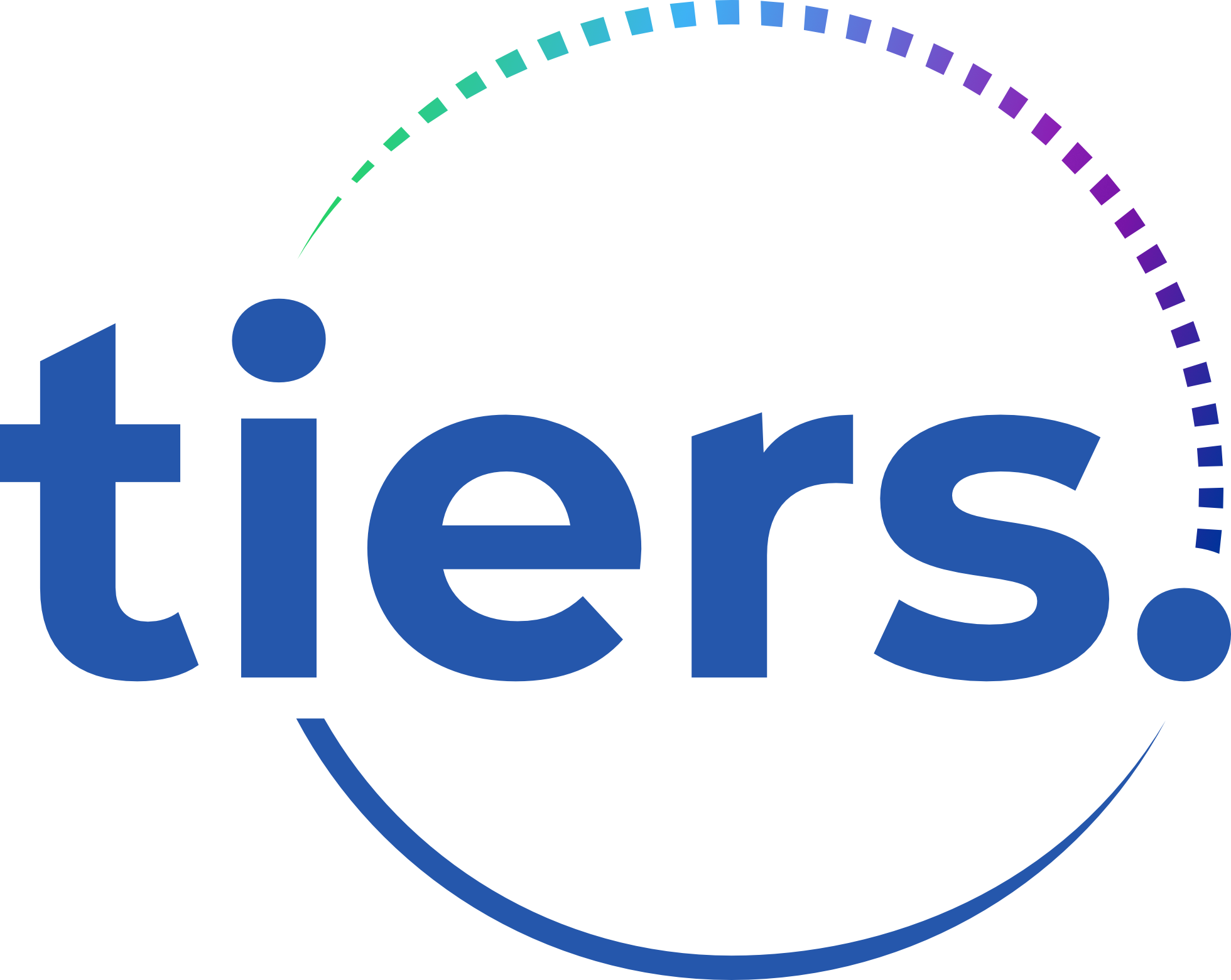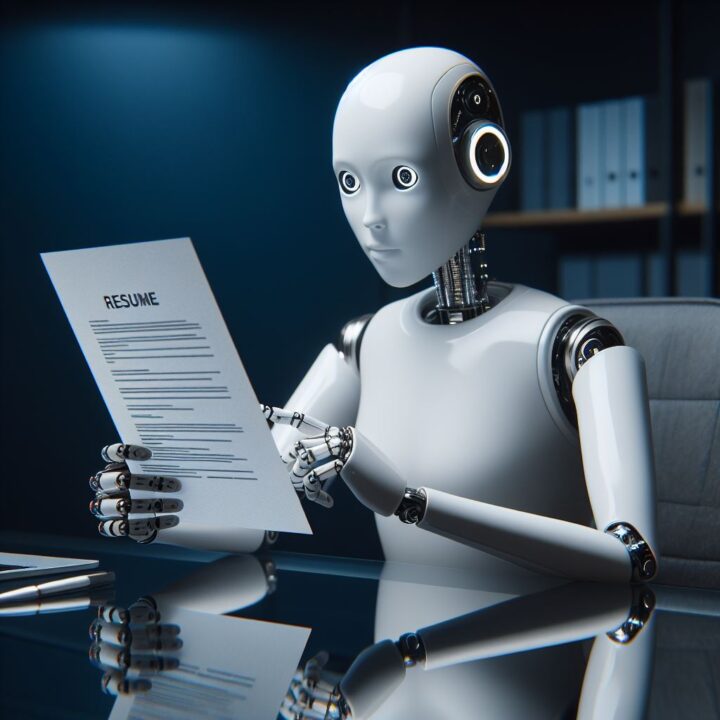Have you ever wondered how AI (artificial intelligence) evaluates your resume? As technology progresses, many companies are turning to AI systems to help narrow down candidates. Knowing how AI evaluate your resume can be a massive advantage in your job search. Let’s break it down.
Understanding AI algorithms and how they evaluate curriculum vitae (CVs) is key to enhancing your chances of landing that dream job.
By incorporating certain elements into your resume, you can ensure that it stands out—not only to human eyes but also to AI systems. But before we get into the nitty-gritty of constructing a resume that appeases both AI and human recruiters, let’s first understand how AI evaluates the curriculum.
What is AI Resume Screening?
In its most basic form, artificial intelligence is a software system designed to learn from and make decisions or predictions based on data. When put in the context of job recruitment, AI systems are leveraged to scan and evaluate job applicants’ resumes. This process makes the initial screening of candidates efficient and streamlined.
But you might wonder, “What factors does an AI consider when evaluating my resume?” The answer is more complex than you might think. We can break down these factors into a few major categories:
- Relevancy: Are you qualified for the job?
- Keywords: Does your resume contain enough industry-specific keywords and phrases?
- Formatting: Is your CV easy to read and user-friendly?
By satisfying these questions, your resume will likely make it through the initial filtering stage. But how can you optimise it to make sure you’re the top pick? Let’s delve into the specifics in the next sections.
Understanding AI Algorithms and Resume Evaluation
When your resume lands in a company’s recruitment system, it often goes straight into an Applicant Tracking System (ATS), a software application designed to handle recruitment needs. A crucial component of ATS is its ability to deploy Artificial Intelligence algorithms specifically designed to evaluate and rank your resume against job specifications.
These AI algorithms scan your resume, analyse the contents, and evaluate them based on various metrics. For example, your employment history, skills, academic qualifications, and key phrases used are some factors that AI considers.
- Employment History: The AI algorithm evaluates your previous job titles, the length of tenure, and the size and industry of your past employers.
- Skills: The AI pays special attention to your skill set. It assesses the level of relevance of your skills to the job you’re applying for.
- Academic qualifications: Your highest obtained degree, the university or college you attended, and your grades or GPA are all assessed by the AI.
- Key Phrases: The AI picks out specific key phrases or words from the job description you’re applying to and matches them with your resume. This makes the matching process faster and more efficient.
After completing this analysis, the algorithm assigns a score to your resume. This score eventually determines how your resume ranks amongst other candidates.
It’s also crucial to note that the scoring isn’t just about grading your items listed. The algorithms also prioritise having an organically flowing, easy-to-follow resume. That is because, like a human recruiter, an AI would prefer to read a well-structured and coherent document that it could understand easily.
The AI algorithms are learning systems that adapt with time. As more candidates apply and get screened, the AI begins to recognise trends and develops a preference for certain attributes, skills, and experiences.
In conclusion, understanding how AI algorithms evaluate your resume can help you best optimise it to meet these requirements. Consider structuring your resume to cater to these algorithms to increase your chances of standing out amongst others.
Cracking the Code of Skills and Qualifications
Preparing a resume that wins over Artificial Intelligence systems requires careful attention to your skills and qualifications. The algorithm in these systems focuses on the direct match between the skills you list and the qualifications needed for the job. In terms of skills, it is important that specificity overcomes vagueness.
Here’s an example – suppose you have ‘Data Analysis’ listed as a skill. Although it’s a valuable ability, an Artificial Intelligence system might still rank it lower than a specific skill like ‘Excel Data Analysis’. That demonstrates that although both are forms of data analysis, the latter points to a particular program, highlighting your proficiency more precisely.
However, it’s not all about listing specific skills and qualifications. Another significant factor is how strong these skills are communicated. For instance, someone who says they’re ‘proficient in Python programming’ could score lower than someone who claims ‘four years of experience in Python programming’—because the latter presents a stronger argument.
Here are some practical steps to optimise your Skills and Qualifications:
- Be Specific – If you’re well-versed in a programming language, don’t just say ‘Programming’. Specify the language, e.g., ‘Python Programming’.
- Show Experience in Skills Used – Rather than just listing skills, show how you’ve used them in past roles.
- Mention Levels of Proficiency – Outline your level of expertise. If you’re an expert in Machine Learning, mention this on your resume.
Remember that the ultimate goal is to build a narrative around your abilities and experiences that resonate with the job requirements. This will significantly improve your chances of getting ranked higher by the AI systems.
The Role of Keywords and Phrases
Regarding AI screening resumes, the relevancy of keywords and phrases must be considered. Artificial intelligence algorithms scan documents for specific terms related to the job description it has been programmed with. That allows the software to quickly sort resumes that closely align with the required qualifications and discard those that do not.
- Using relevant industry-specific acronyms, job-specific terms, and keywords from the job description can strengthen your resume’s relevance ranking.
- However, this doesn’t mean you should stuff your resume with random keywords or phrases. The AI system will consider the context of how a word is used and favour quality over quantity.
The key is to use the right terminology in an appropriate context. For example, if you’re applying for a software engineering role, include the names of programming languages, frameworks, or methodologies you are familiar with, but make sure you do so in a way that reflects your experience and skills.
Here’s a practical tip: Examine the job description and note down recurrent phrases or words. Some of these terms are essential keywords that the AI will be looking for. Use these terms naturally within your resume (where applicable) to improve your chances of being selected by the machine.
Note: Be wary of using fancy or complicated wording. Stick to using straightforward and commonly used language to prevent confusion for the AI.
Keep in mind that synonyms matter, too. For instance, if the job description mentions ‘project management‘, ensure to have ‘project manager’ or ‘managed projects’ on your resume if it corresponds to your experience. Treat the words in the job description as a clue to the employer’s language. Mirror that vocabulary in your resume to demonstrate a clear match.
Finally, remember that the goal is to present a coherent narrative of your professional experience. While using keywords strategically is important, they shouldn’t detract from the readability and authenticity of your career story.
The Power of Formatting and Design
Refrain from judging a book by its cover; it certainly doesn’t apply when it comes to resumes. In AI resume screening, your document’s format and design could be a deciding factor in securing an all-important interview. Don’t let a poor layout be the reason your resume is cast aside.
The Visual Aspect:
Yes, AIs don’t have eyes, but they “see” how your resume is structured. Elements such as margins, headings, and bullet points affect how your information is read and processed. A well-organised, neat resume assists AI in extracting the required information accurately. Let’s uncover a few specifics:
- Margins: Extremes aren’t your friend. Too narrow or too wide margins can cause parsing errors, affecting an AI’s readability of your resume.
- Headings: Headings guide the AI through your resume. They indicate where to find crucial information, such as contact info, skills, work experience, and education. Stick to standard heading titles to avoid misinterpretation by the AI.
- Bullet points: Using bullet points for listing achievements or skills enhances readability. However, remember to keep points concise and avoid complex symbols or figures that confuse AI.
The Logical Design:
While aesthetics are important, a resume that flows logically is equally valuable. You want to make an AI’s job as easy as possible in fetching your data:
- Chronological order: A time-based sequence, especially in your work experience and education sections, helps AI understand your career trajectory. Newest roles, experiences, or degrees should always be first.
- Consistent formatting: Consistency signals professionalism. Use the same style, font, and format throughout your resume. Random changes can unintentionally lead to misreads by an AI.
- Simplicity over complexity: Avoid complex layouts with columns or grids; they may confuse the AI parsing your resume.
Remember, sticking to traditional, simple, and consistent formats can play in your favour when an AI is evaluating your resume.
While creativity and uniqueness are appreciated in many fields, when it comes to resume design in the AI age, simplicity and clarity win the day. Remind these tips when building your resume, and you’ll be well on your way to acing that AI screening process.
Decoding AI’s Interpretation of Experience
Experience is crucial for any applicant, regardless of the industry or job position. However, when it comes to AI screening, the presentation of this experience on your resume makes all the difference. Let’s delve a bit deeper into how AI interprets job experience.
Quantifiable Achievements
Artificial intelligence doesn’t just look at titles and company names – it seems for quantifiable achievements. How exactly did you contribute to your past employment? What were your milestones, and how did they impact the organisation? Including these specifics in your resume can communicate your value more effectively to an AI evaluator.
For instance, if you were a sales manager and increased monthly sales by 20% or acquired 30 new clients, incorporate that information into your resume. Avoid mentioning responsibilities or duties with measurable proof or outcomes, as the AI won’t recognise its value.
Your Career Trajectory
What employers – and AI systems – want to see is progression. So, instead of focusing solely on your roles, highlight the promotions you’ve received, the projects you’ve led, or the skills you’ve developed over time. That shows potential employers that you’re qualified and capable of growth.
Evaluating Your Experience: The Role of Job Descriptions
A critical aspect that’s often overlooked is the alignment of your experience with the job description. Upholding relevance is important because AI resume screening algorithms are designed to identify top candidates who match closely with the job requirements. Be sure to tailor your resume accordingly, using the same language and terms in the job description.
Remember, while AI can certainly examine your work experience, it’s not perceptive in the same way a human reviewer might be. Hence, making your experience relevant, quantifiable, and progressive is key to successfully navigating AI resume evaluation.
Coming up next, we’ll look at specific strategies you can implement to optimise your resume for AI evaluation further!
Strategies to Optimise Your Resume for AI Evaluation
Understanding how AI evaluate your resume is essential to ensure your CV stands out in the job application process. Here are strategies and suggestions to achieve that goal.
Keep It Simple and Structured
While we can appreciate a gorgeously designed resume, AI might not share the same sentiment. Overly complicated formats confuse robotic programs. Stick with traditional resume structures – chronological or functional.
Use Relevant Keywords
Artificial Intelligence screening processes often run on keywords. These are usually based on job descriptions and skills listed in the job posting. Please make a list of these and ensure your resume reflects them.
- Don’t saturate — it’s not about stuffing the resume with these words, but instead, incorporate them naturally into your descriptions.
- Don’t use acronyms without context — if the job listing says ‘Search Engine Optimization’, write it out in full before using the acronym SEO.
Don’t Underestimate the Importance of Details
AI systems often rank resumes based on detail and completion. Every section of your resume should be filled out meticulously, leaving no room for ambiguity.
- Include job durations, clear job descriptions, and specific skills acquired during your work history.
- Personal details and contact information should be updated and correct. Mistakes can lead to disqualification even before human eyes land on your resume.
Regularly Update Your Resume
In an ever-evolving job market, the requirements and expectations of employees change rapidly. Regularly updating your resume ensures you’re always ready for the next opportunity. This also shows AI systems that your profile is active and relevant.
Mastering the art of resume writing in the era of Artificial Intelligence can seem daunting initially. But with a little research and a strategic approach, you’ll increase your chances of moving forward in the hiring process. Remember, AI is not the end point but a tool used to filter. Your ultimate goal is to impress the human at the other end.
Get informed on how to do more with your money.





